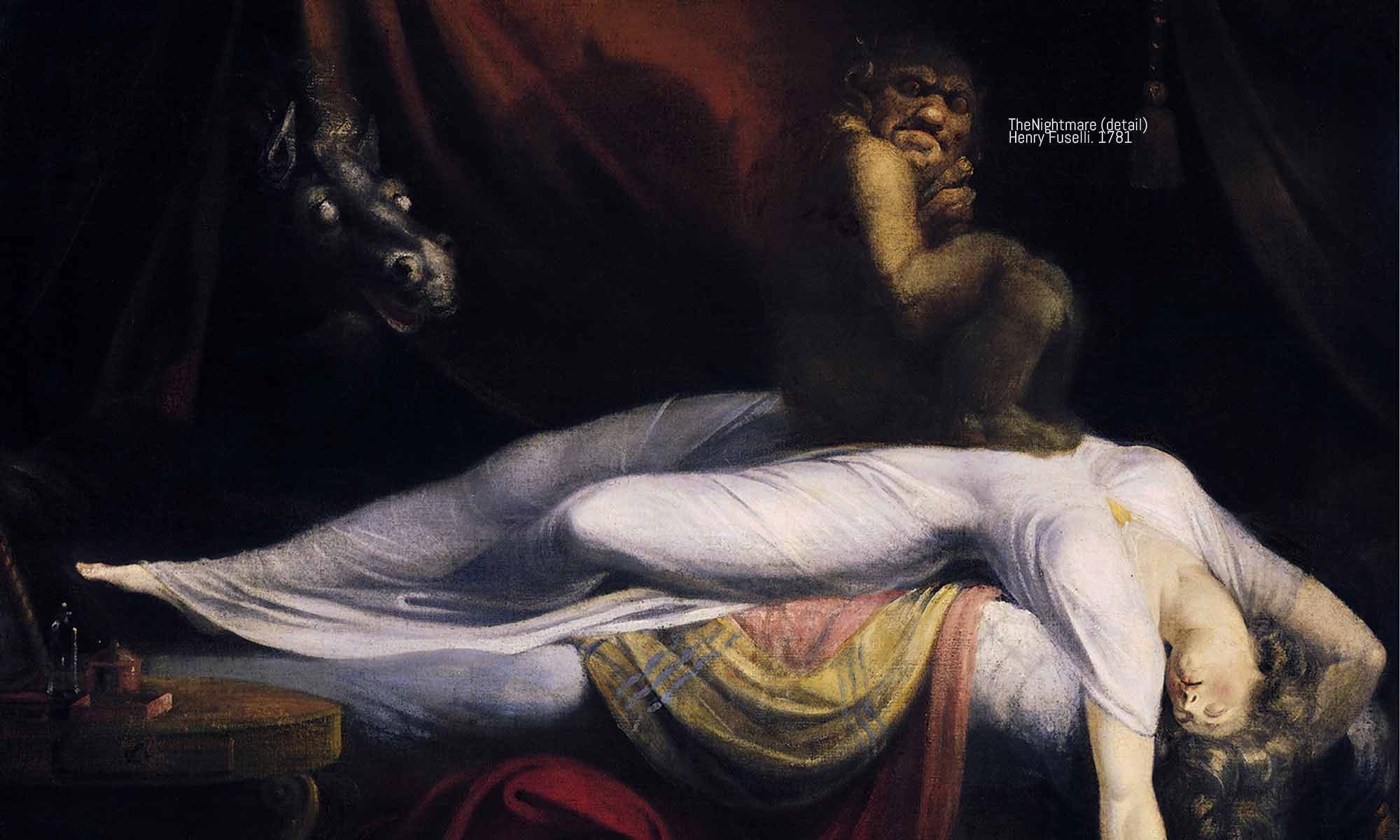 Who is more likely to say they have had a dream of being aware they are dreaming:
Who is more likely to say they have had a dream of being aware they are dreaming:
Men or women? Women 66.8%, Men 59.8%
People between the ages of 30 and 49 or people age 65 and older? Between 30 and 49 68.6%, 65+ 54.8%
Whites, African-Americans, or Hispanics? Hispanics 67.3%, Whites 62.4%, African-Americans 58.9%
People who make less than $25K a year or people who make more than $100K a year? <$25K 67.8%, $100K+ 64.8%
People who are politically progressive or people who are very conservative? Progressives 68.9%, Very Conservatives 58.3%
People who live in the Southern US or people who live in the Western US? Western 66%, Southern 59.6%
McCain voters or Obama voters? Obama 67.3%, McCain 56.8%
People who say they are “spiritual not religious” or people who say they are neither spiritual nor religious? Spiritual not religious 66.1%, neither spiritual nor religious 59.4%.
OK, what do you think we should we make of these results?
The differences aren’t huge, and in every case the low end of the spectrum is still greater than 50%. I’d say these findings, based on a survey of 2992 American adults, adds more evidence to the idea that lucid dreaming is a widespread phenomenon among the general public.
Women tend to remember dreams than men, and younger people tend to remember usually recall more dreams than older people, so the results on gender and age make sense.
The racial/ethnic finding is intriguing. I don’t know of any other research on this question.
The political results are certainly consistent with my previous research on this topic.
The political dynamic may account for the regional difference, with somewhat more lucid dream recall in the West than the South. As a California native this seemed an obvious one to me, but no one guessed it.
The spirituality/religion results mayreflect the appeal of lucid dreaming to people who are spiritual seekers of one form or another.
The income difference isn’t that large. From what I can tell of the results from the whole survey, income has more of an impact on the recall of frightening dreams (higher among those lower on the income scale).

The demographics make total sense to me because the group sounds like the poorest or hardest working of all demographics. Their lives are probably the toughest both economically and socially. Being female makes them more sensitive to the disparities and more willing to pay attention and notice the dreams.
Thanks for sharing these findings!